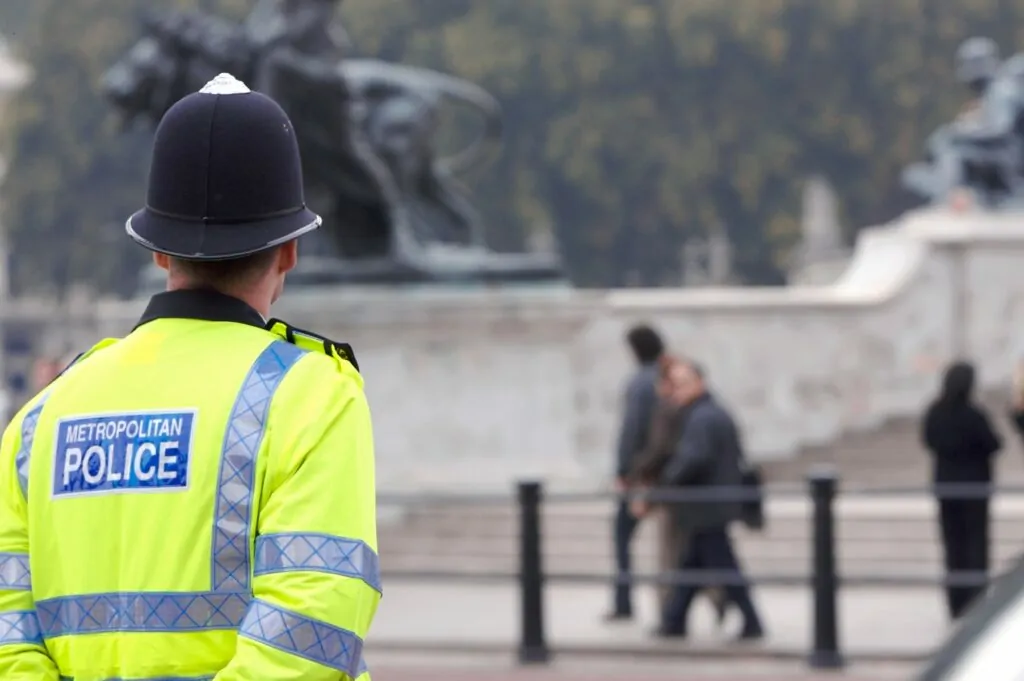It has been almost a week exactly since the Government rushed through Health Protection (Coronavirus, Restrictions) (England) Regulations 2020 (“the Regulations”), which granted extensive new powers to the police to help enforce the Government’s coronavirus lockdown. With the dust beginning to settle on the largest extension of police powers in recent times, there has already been a backlash to the lack of restraint demonstrated by some police forces in enforcing the new Regulations. But is it just a case of the police misunderstanding the nature of their role in helping to bring Covid-19 under control, or is there something more problematic with Regulations themselves? This article examines how the police have been exercising their new powers to date and some of the challenges that lie ahead.
To recap, the Regulations impose two main restrictions on the population: the first, relating to the types of businesses and retail premises that were allowed to remain open; the second, relating to the movement and gathering of individuals. The Regulations make it an offence for individuals not to comply with these restrictions, and an offence to obstruct relevant persons enforcing them. The police can arrest people for breaching the Regulations where necessary to maintain public health or public order. They also have the power to direct individuals to return home or disperse; to issue reasonable directions; and to use force to effect those powers. See here for a full breakdown of the Regulations.
In the short time since the Regulations came into force, there have been numerous reported examples of the new powers being used inconsistently by police force across the country, with some taking a rather overzealous approach.
Derbyshire Police’s used drones to video-record isolated walkers in the Peak District, and publish their images in a ‘naming and shaming’ exercise. This has come in for particular criticism, most notably by the retired Supreme Court Judge Lord Sumption, who branded the force’s actions as “disgraceful” and stated, “this is what a police state looks like”.
Within days the Regulations being passed, Warrington Police posted on Twitter that they had summonsed six people for various offences, including for “driving due to boredom”, and for “multiple people from the same household going to the shops for non-essential items”[1]. Elsewhere, it was reported that a force had prevented a shop from selling Easter eggs on the basis that these were “non-essential” items.
There have also been reports of multiple police forces, including North Yorkshire, Thames Valley, and Devon & Cornwall, performing blanket road checks on vehicles to ensure that drivers were only on “essential” journeys. What some examples appear to demonstrate is an apparent confusion by police forces as to what is prohibited by the Regulations and what is encouraged by the Government’s lockdown guidance. For example, the Regulations specifically permit you to leave the house to take exercise with other members of your family and there is nothing to suggest that individuals cannot drive to the place at which they wish to exercise. It appears that the mind-set of some forces has been to simply enforce the Government’s lockdown advice, rather than the more limited restrictions in the Regulations where necessary.
Other examples simply demonstrate the alarming scope for the new powers to be misused by the police. Last weekend South Yorkshire Police tweeted that they had arrested a 13-year-old boy refusing to provide his name and address. Having been initially approached by the officers investigating reports of anti-social behaviour, he was arrested under the Covid-19 Regulations after refusing to provide his name. When he did give his details, it transpired he was wanted for robbery, and he was consequently de-arrested for breaching the Regulations and instead re-arrested for robbery. A face value reading of the known facts of this incident is that the Covid-19 Regulations were used to justify arresting a boy where there was no obvious public health concern (it is not clear that the officers were intending to issue an FPN when requesting the boy’s name).
This is extremely concerning, as it demonstrates the alarming potential for the police to use their increased new powers to supplement their more limited pre-existing powers when investigating unrelated offences. This is exactly the type of case that will be of concern to the types of marginalised groups against whom police powers are disproportionately used.
College of Policing (CoP) issued guidance to police forces when the Regulations were introduced, emphasising the importance of policing by consent. The guidance directed officers to encourage members of the public to comply voluntarily with the Regulations in the first instance, and to only use their enforcement powers as a last resort, where necessary and proportionate to the non-compliance. However it appears that this message was not embraced by all police forces, with some demonstrating an alarming readiness to enforce the Regulations instead of public engagement. For example, Lancashire Police issued 123 enforcement notices last weekend, in contrast with the Metropolitan Police, the UK’s largest police, which issued none.
In response to the widespread criticism of police forces, fresh guidance was hastily drawn up by the CoP and the National Police Chiefs’ Council (NPCC) on Tuesday night, emphasising the need for police forces to adopt a “common sense” approach to enforcement. It makes clear, for example, that the public should not be sanctioned for travelling a reasonable distance to exercise, and that road checking every vehicle on the road would be disproportionate. It states that enforcement should be reserved for individuals who have not responded to the “Engage, Explain, and Encourage” approach where public health is at risk.
The fact that this further guidance was required at all demonstrates the vagueness and potential scope of the powers in the Regulations, and the risks of leaving interpretation down to the “common sense” of police forces in the hope that they apply them with restraint. While it is likely that senior officers will now be more cautious before embarking on badly judged PR stunts (e.g. flying drone to video-record people exercising), the real fear is that there will be officers on the ground who will continue to push these new powers to their limits, or make use of them in cases where there is no obvious or genuine public health concern. Although the Guidance is clear, the Regulations themselves grant wide powers and do not contain sufficient safeguards to protect against misuse.
Those who consider they have been treated unfairly or wrongly accused of breaching the Regulations may be able to challenge the police. Where a Fixed Penalty Notice is issued, it is open to the recipient to challenge it on public law grounds, or to opt for a trial in the Magistrates’ Court where they may be acquitted of wrongdoing. For many it will not be worth risking a criminal record or embarking on such a challenge for the sake of a small fine; however, for others, such as foreign nationals whose immigration status is in the process of being determined by the Home Office, even a Fixed Penalty Notices can have far reaching implications.
It is also open to individuals to lodge a complaint against the relevant police force, and to pursue a civil claim for compensation against the police through the courts, in particular those who are successfully able to overturn FPNs or defend prosecutions under the Regulations.
The CoP and NPCC guidance provides a useful tool for interpreting the Regulations for lawyers seeking to challenge abuses of police powers under these Regulations. In particular, the requirement for enforcement measures to be “necessary and proportionate” should be interpreted to include consideration of whether an officer has initially attempted to comply with the “Engage, Explain, and Encourage” part of the guidance.
It remains to be seen whether the most recent guidance will result in police forces exercising greater restraint in seeking to enforce the Regulations. We are in the midst of an unprecedented public health emergency, and the police forces have an essential role in ensuring that the public comply with the Government’s policy to prevent the spread of Covid-19. However, what is required is a public health response, not a criminal justice response. The vast majority of the public have shown their support of the current lockdown measures and have voluntarily accepted unprecedented limitations to their freedoms. They should not be expected to tolerate any additional limitations brought about purely by a lack of restraint and common sense by the police.
We as civil liberties lawyers will be monitoring the situation closely, and will be ready to assist those who fall victim to any abuses of police powers under these Regulations.

